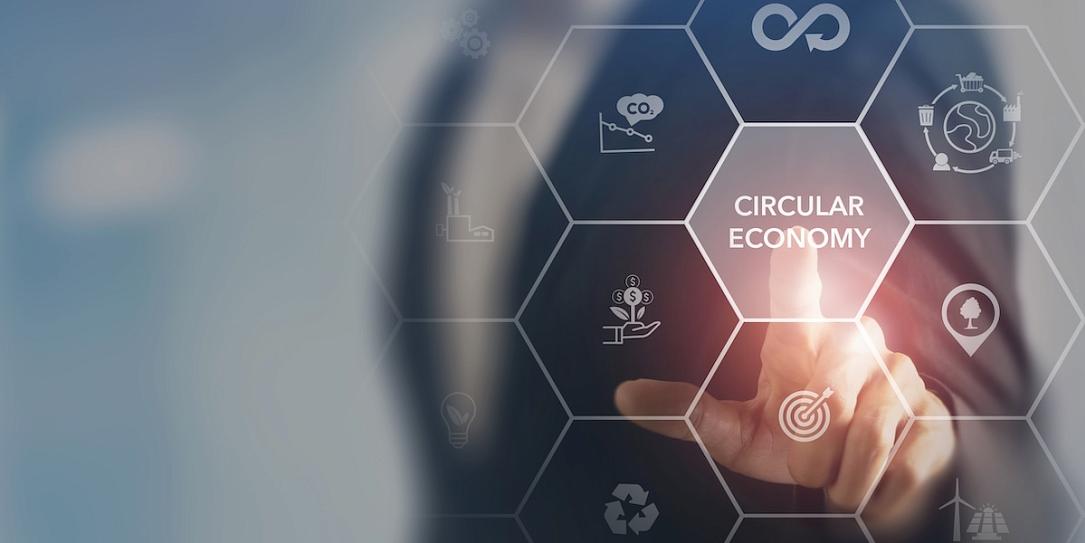Companies in Romania prepare for circular economy shift, Deloitte study finds



Companies in Romania are increasingly embracing the circular economy, with more than seven out of ten (67%) expecting its regulatory impact to rise from moderate over the last 12 months to high and very high in the next five years, according to Deloitte’s Circular Economy: Perception and the Stage of Implementation in Romania 2024.
In order to transform their business towards a circular model, over half of the surveyed companies (59%) say they have developed or are in the advanced stages of developing a strategy in the field. These plans include measures such as energy transition (80%), emissions accounting (62%), extending product lifecycles (53%), and optimizing resource use (46%). A major priority is communication and education, aimed at raising awareness among employees, suppliers, and consumers.
Investment plans focus on reducing packaging waste (67%), improving technological processes (67%), and creating reusable packaging systems (51%). However, innovation and ecodesign, critical for long-term sustainability, are less prominent, with fewer than 40% of companies prioritizing these areas.
Financing sources that companies use are diverse and complementary, ranging from own sources, mentioned by 70% of respondents, to EU funding (27%), private equity (22%), and bank loans (15%).
Regarding expectations on how the state support instruments in the circular economy field should evolve in the future, respondents primarily mentioned the debureaucratization of procedures (66%) and diversification of instruments (65%), as well as the increase in the value of current instruments (28%).
“With increasingly dense European and local regulations, but also as a response to the persistent effects of last years’ crises along the supply chains and in internal planning and resource allocation processes, companies in Romania are starting to consider circular economy as a medium and long-term solution. They are taking various actions, but for sustainable results, a better systematization of the steps is needed,” said Adrian Teampău, Director, Circular Economy Advisory, Deloitte Romania.
He noted that while many companies focus on recycling and waste management, greater emphasis on ecodesign is needed to reduce waste and resource consumption. He also emphasized the growing demand for experts to guide the transformation.
Most respondents currently think that circularity still has a moderate influence on consumer decisions, but this argument is expected to gain momentum in the coming years, including as a result of companies’ communication and education efforts, Deloitte said. On the same note, over half of the study participants (57%) emphasized the importance of specific employee training through training programs adapted to their activity, which should get them familiar with concepts such as the environmental footprint of the business, energy efficiency, resource sustainability, and so on.
From a supply chain perspective, less than half (46%) of respondents have implemented a supplier assessment procedure in terms of meeting sustainability criteria. Over two-thirds (69%) of these say they have also included circular economy-specific criteria in the procedure.
The study is based on a survey among approximately one hundred companies on the local market, entrepreneurial businesses or subsidiaries of multinational corporations, mostly from the manufacturing and service sectors, as well as from retail, consumer goods, energy, construction, agriculture, and pharma, having as respondents representatives of sustainability departments and top management teams.
irina.marica@romania-insider.com
(Photo source: Paradee Paradee/Dreamstime.com)